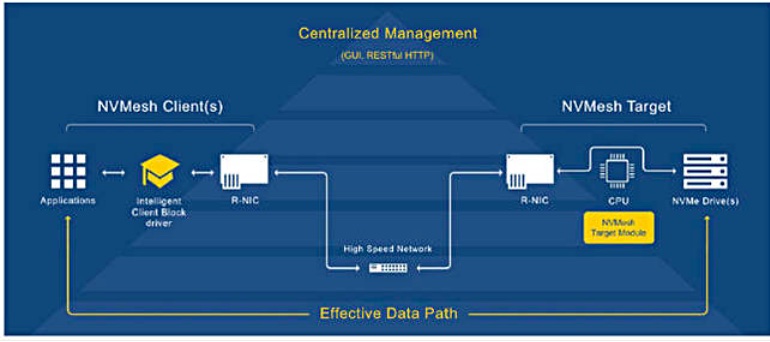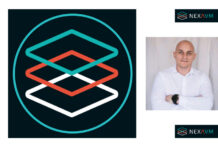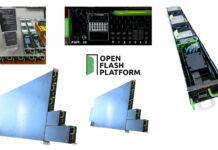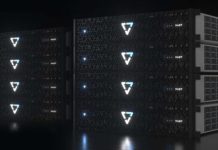Lenovo is buddying up with Excelero to provide NVMe over Fabrics access speed to data for its ThinkSystem servers.
The Data Centre Group at Lenovo has done the global reselling deal with Excelero and it gets Lenovo into NVMe-oF block data access without having to build a storage array of its own. Its own servers with their local storage provides the data store for Excelero’s NVMesh 2 software.

NVMesh involves intelligent client block device drivers – agent software – in data accessing servers. These use a Remote Direct Drive Access (RDDA) protocol to access data on target servers with their local (SSD) storage.
The system can provide a shared external array or operate in hyper-converged mode with a virtual SAN. This initially used RoCE (RDMA over Converged Ethernet) and Infiniband.
The second generation NVMesh 2 added support for standard gigabit Ethernet and TCP/IP and Fibre Channel. V2.0 also added erasure coding N+M type data redundancy. It is a parity-based data redundancy scheme running as a distributed service, meaning that the parity calculations are running on the clients, in a decentralised fashion.
This was designed for large scale and adding more clients increases the overall CPU power available for parity calculations. Striping, mirroring and striping and mirroring are also available in what’s called a MeshProtect offering.
V2 also has a MeshInspect facility to provide cluster-wide and per-object statistics on throughput, IOPS, and latency.
Lenovo joins NVMe-oF mainstream
The Excelero partnership gets Lenovo into the NVMe-oF game, alongside all the mainstream storage vendors. Just this week both IBM with Storwize V5000E and V5100 products, and Quantum with its F2000 array added end to end NVMe fabric access to these products.
Interestingly Excelero partnered Quantum with an NVMe-oF and StorNext combination at an industry event last September.
Lenovo and Excelero have Big Data and web-scale deployments in mind. They think that, as NVMe flash nears price parity with traditional flash, the NVMe over Fibre Channel and ordinary Ethernet means customers can get more fast storage capacity, flexibility and scale-out support without changing networking protocols or storage fabrics. Expensive RoCE or InfiniBand networking gear is no longer mandatory.
For Excelero, Lenovo gives it a useful additional channel into the enterprise storage market as it fights to grow its startup business with fellow fast data access startups Apeiron, E8 and Pavilion Data Systems, as well as competing with existing suppliers such as Dell EMC, HPE, IBM, NetApp, Quantum and Pure Storage.
Patrick Guay, Excelero’s VP for strategic accounts, issued a prepared quote: “We’re extremely proud to be the first shared NVMe storage software chosen by Lenovo, and look forward to expanding our business together.”








